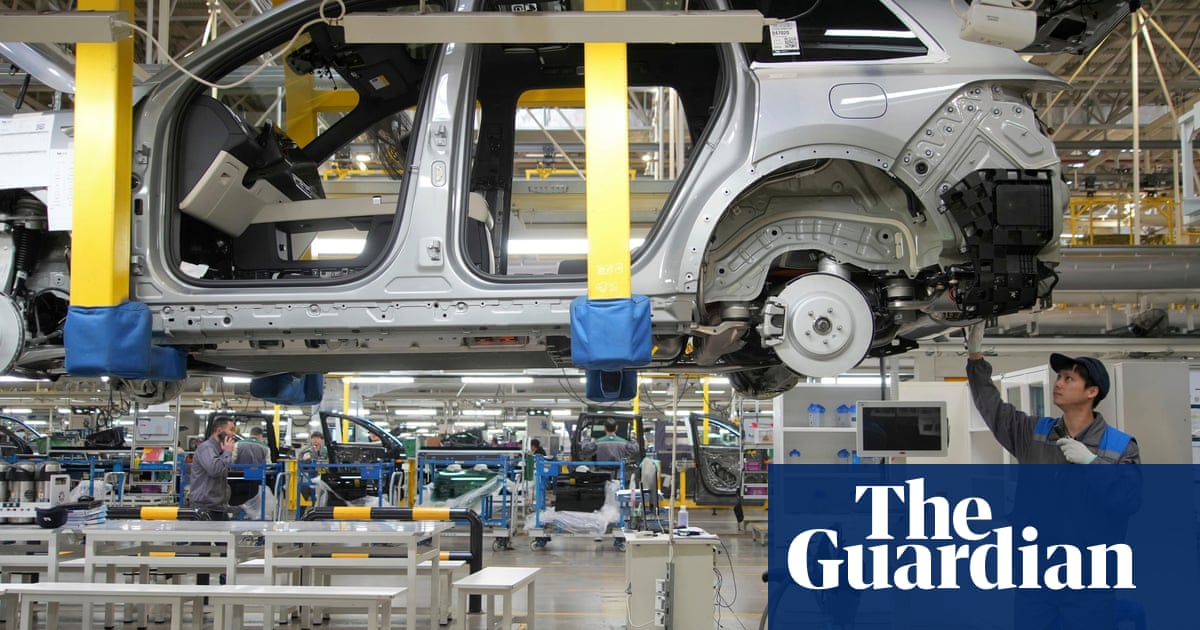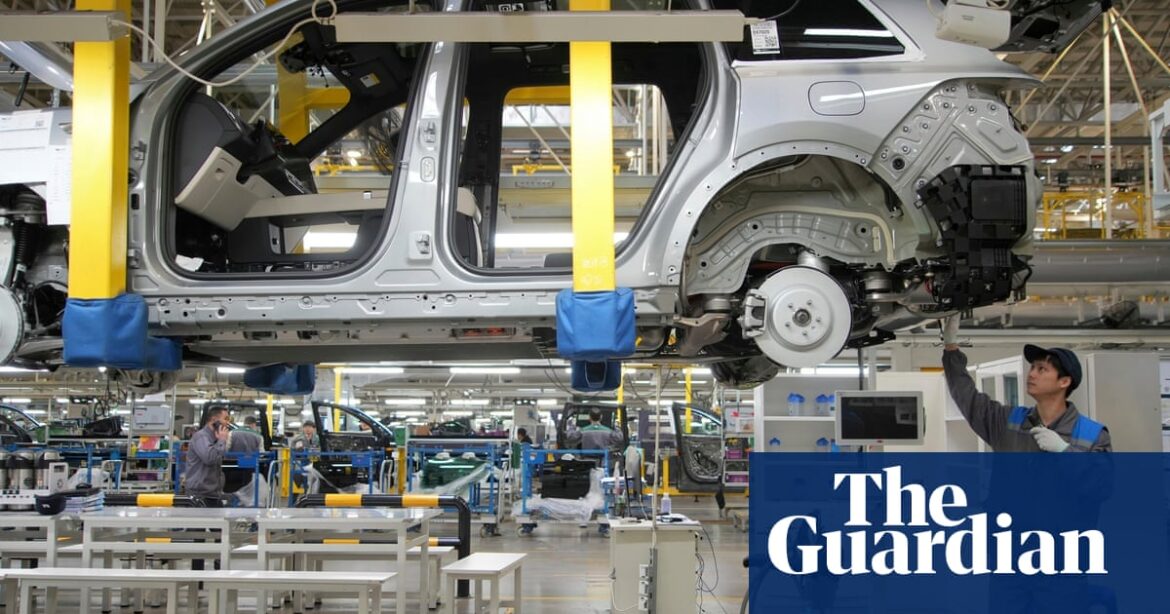
China has ramped up its anti-dumping investigation into European brandy imports in what appears to be a retaliatory move as the EU imposed higher tariffs on imports of Chinese electric vehicles from Friday.
The commerce ministry in Beijing said it would hold a hearing on 18 July to discuss an investigation into claims that European brandy producers are selling products in China below market rates.
The hearing was requested by the brandy houses Martell, Societe Jas Hennessy & Co, Rémy Martin and other stakeholders, the ministry said in a statement.
The investigation could result in China adding duties on brandy imports coming from the EU, which would hit European producers.
The hearing was announced on the same day that the EU imposed provisional tariffs on Chinese EV imports coming into the bloc, which had held a nine-month anti-subsidy investigation amid claims that heavily subsidised Chinese vehicles were flooding the EU market and harming European manufacturers.
The action by the EU will lead to tariffs ranging from 17.4% to 37.6% being applied on Chinese EV imports from Friday. The EU will then run a four-month window before they become permanent.
In response to the EV tariffs and an escalation of tensions, China launched what appeared to be a tit-for-tat investigation into European brandy imports after a request by the China Alcoholic Drinks Association.
French producers would be the hardest hit by any tariffs, with France accounting for about 99% of all EU brandy imports into China.
China has repeatedly urged the EU to cancel its EV tariffs and has called for further talks. At a press conference on Thursday, a commerce ministry spokesperson reiterated Beijing’s desire to resume negotiations over EV tariffs.
Valdis Dombrovskis, a European Commission vice-president, brushed aside concerns of trade war retaliation from Beijing against European business in light of the EV tariffs.
after newsletter promotion
In June China announced it would be opening a probe into EU pork imports. The Chinese state-backed Global Times reported this week that officials were also considering opening an anti-subsidy probe into European dairy imports and imposing tariffs on large-engined petrol cars manufactured in Europe.
The tariffs imposed by the EU on Chinese EVs are far lower than those recently introduced by the US, with Joe Biden announcing 100% tariffs in May. However, some European manufacturers have criticised the EU moves. Volkswagen has argued that they will not strengthen Europe’s car industry in the long-term.
Stellantis, the owner of brands including Citroën, Fiat and Vauxhall, has said it will not take a defensive stance in the battle for electric car sales and prefers to “fight to stay competitive”.
Source: theguardian.com



